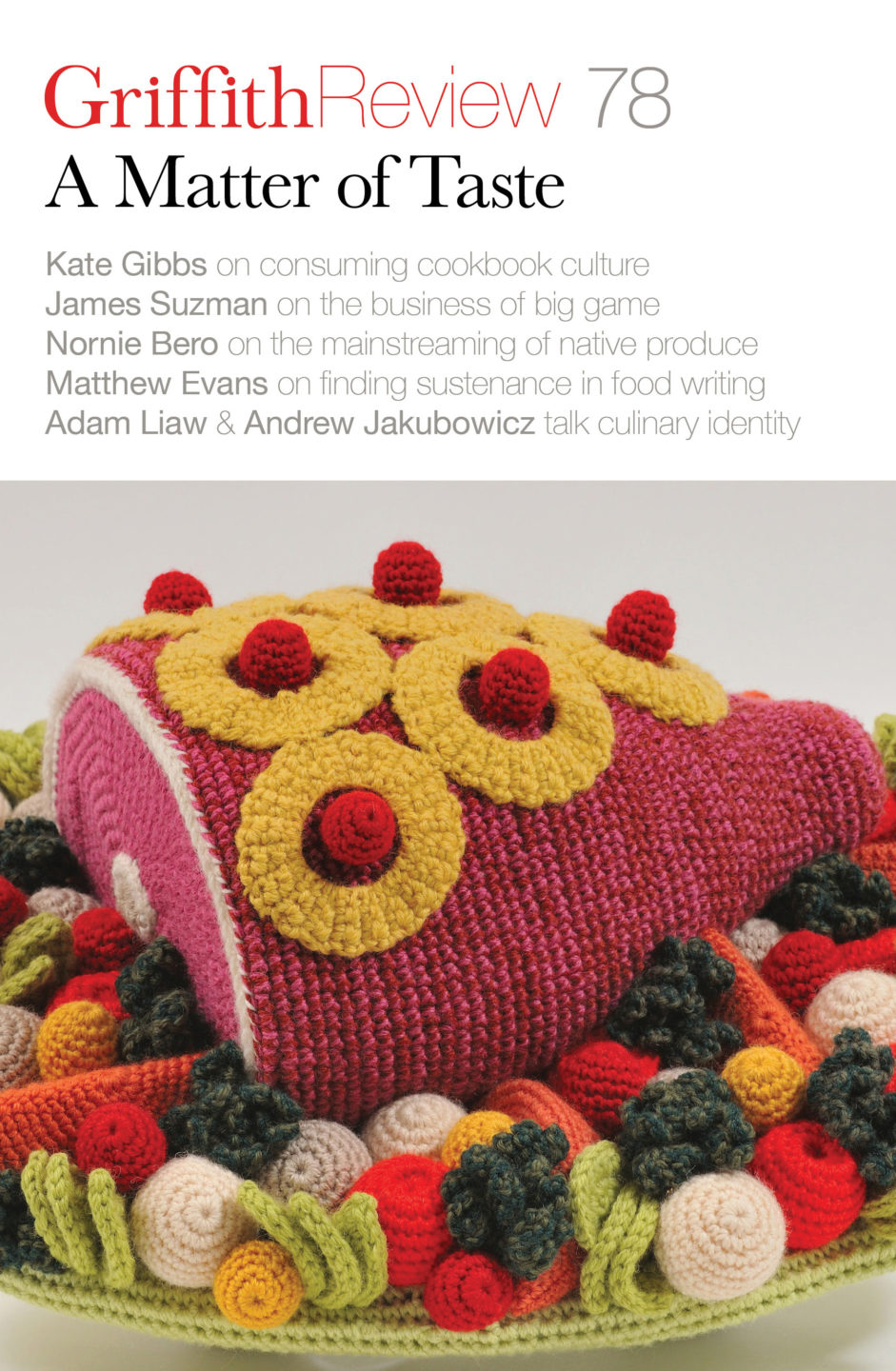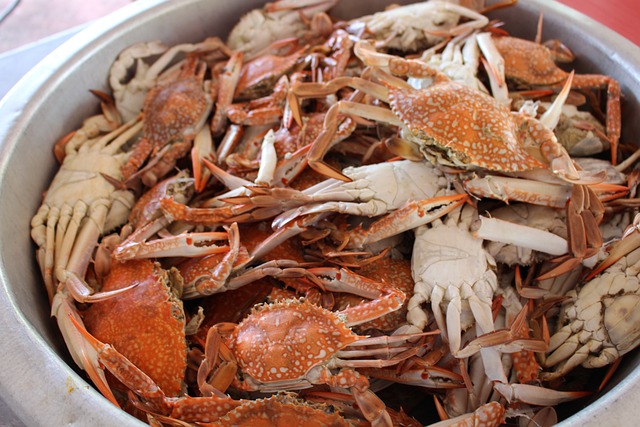Featured in

- Published 20221101
- ISBN: 978-1-922212-74-0
- Extent: 264pp
- Paperback (234 x 153mm), eBook


Already a subscriber? Sign in here
If you are an educator or student wishing to access content for study purposes please contact us at griffithreview@griffith.edu.au
Share article
More from author

Dominion
My disquiet over the influence of the religious right in Australian politics is entirely a product of my upbringing. My parents, for reasons of circumstance and naivety mostly, found themselves enmeshed in a religio-political group called Logos Foundation in the 1980s. Logos has the dubious honour of trying, but failing, to bring Christian reconstructionism into mainstream politics. The Foundation was ‘the political arm’ of the Covenant Evangelical Church (CEC) – ‘the spiritual arm’ that subsumed the Pentecostal church my parents attended on Sydney’s upper north shore.
More from this edition

The party for Crabs
FictionAs she lists the night’s specials, Claire attempts to figure out the party’s dynamic. Shared complexions make the elegant woman the little girl’s mother, surely. It’s the women’s relationship she can’t figure out. University friends? Distant cousins? Their conversation seems too polite for either. Unnatural.

Gut instinct
In ConversationUsing identical, machine-made food items accentuates the traces of consumption. In works where participation is open to the audience as co-creators, I have found there’s not just one way to consume...

The supper
Poetrywhere Sacrificer and Sacrificee, still fragrant with the Blood of Morning and Harvest, gather by twisted Beak and crooked Hand